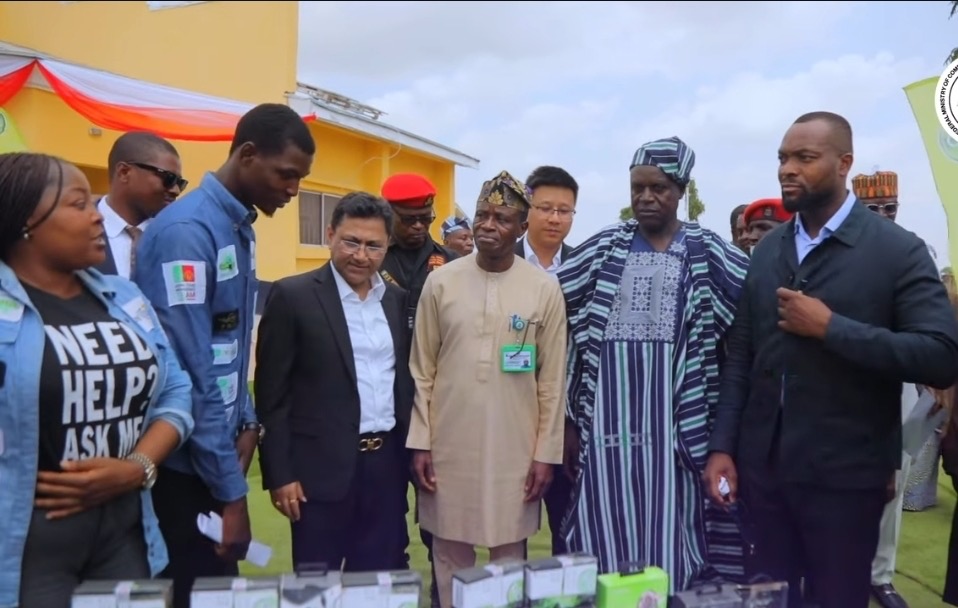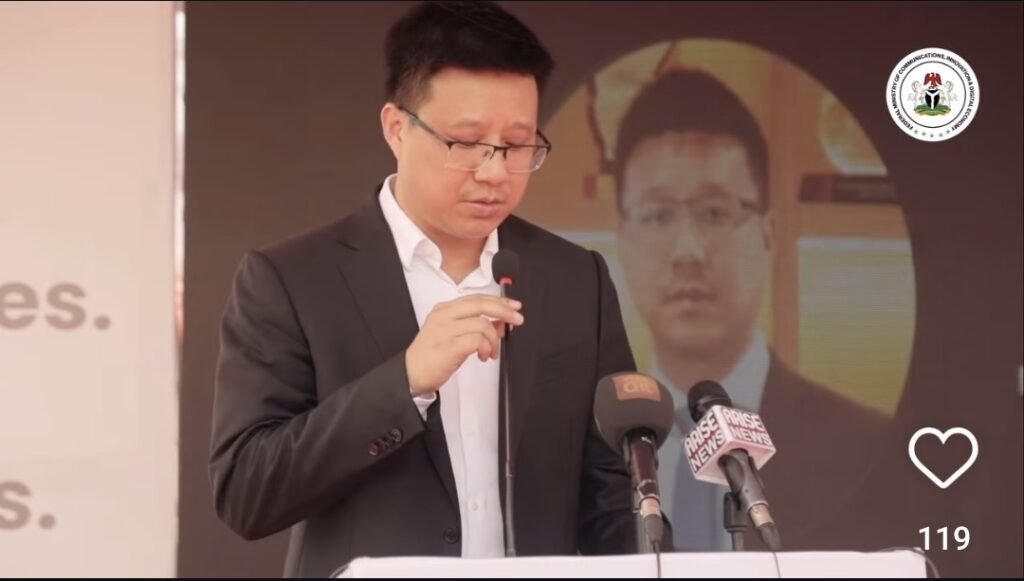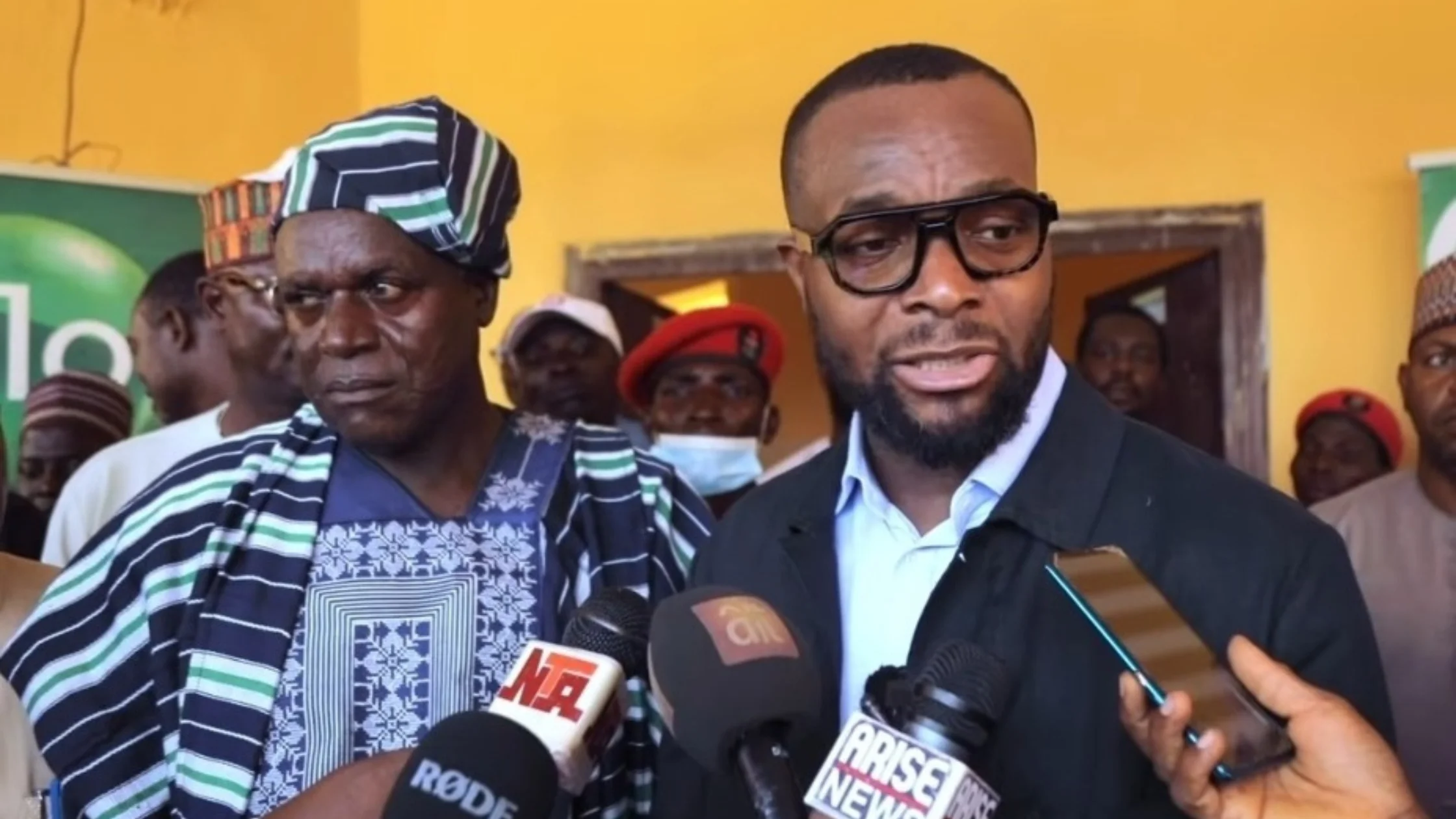Kura, a farming settlement of about twelve thousand people on the outskirts of Abuja, woke up last week to something it had never seen before: four solid bars of mobile signal on every handset. The improvement arrived courtesy of a pilot telecoms tower installed by Huawei and Glo, part of the rural connectivity drive championed by Nigeria’s Minister of Communications, Innovation and Digital Economy, Dr Bosun Tijani.

The figures from the first forty-eight hours speak for themselves. Residents used eighty-one gigabytes of data, logged more than thirteen thousand minutes of voice calls and enjoyed peak download speeds of five megabits per second, all while the site remained fully available. For a community that had relied on patchy radio links and occasional road trips to obtain basic services, these numbers feel less like statistics and more like proof that Kura has stepped into the modern world.
Connectivity has already reached beyond personal devices. Working with Huawei, technicians linked the local health centre to a telemedicine platform, giving clinicians in Kura direct access to specialist doctors in Lagos and beyond. The primary school received a digital classroom kit that streams live lessons from accredited teachers, while villagers can now browse the internet on a free community Wi-Fi network covering the square.
Dr Tijani has spoken for years about connecting the unconnected. As co-founder of Co-Creation Hub he watched innovation flourish in Lagos and Nairobi yet stall in places where even a 2G signal was a rarity. From his seat at the cabinet table he is targeting twenty million Nigerians who still have no reliable link to the internet, many of them in the northern and central states where mobile operators see only slow returns on infrastructure. The Kura tower is the first tangible result of that ambition.

The minister emphasises that rural broadband is not charity but economic strategy. A strong signal turns a roadside kiosk into a mobile money agent, a grain trader into a real-time price checker and a local seamstress into a WhatsApp based merchant. The evidence will start to become visible in Kura: farmers consulting fertiliser prices before travelling to market and health workers uploading vaccination data on the day it is collected instead of waiting for a trip outside the community.
Scaling the model will be challenging. Dozens of similar sites will need electricity, backhaul and local maintenance. Dr Tijani argues that success lies in three-party arrangements in which government secures rights of way, equipment makers supply cost effective towers and network operators guarantee a minimum quality of service. The pilot costs would have been shared between Huawei, who provided the hardware, and Glo, who integrated the site into its core network, while a government innovation fund potentially covered the price of telemedicine and classroom equipment.

Whether that formula can stretch across hundreds of communities remains to be seen, yet the early signals from Kura are unambiguously positive. With a tower in place local data travels faster than official memos. Teachers download lesson plans without delay, the health centre keeps essential drugs in stock because orders go through instantly, and market prices in Kura converge with those in the capital because information now moves at the speed of a swipe.

For Bosun Tijani the pilot confirms a simple idea: if Nigeria aims to build a truly inclusive digital economy, it must begin by illuminating the blank spots on its own map. Kura is one such dot, now glowing blue on the network status screen. The task and the promise are to help thousands more villages light up in quick succession.
This article was rewritten with the aid of AI
At Techsoma, we embrace AI and understand our role in providing context, driving narrative and changing culture.














